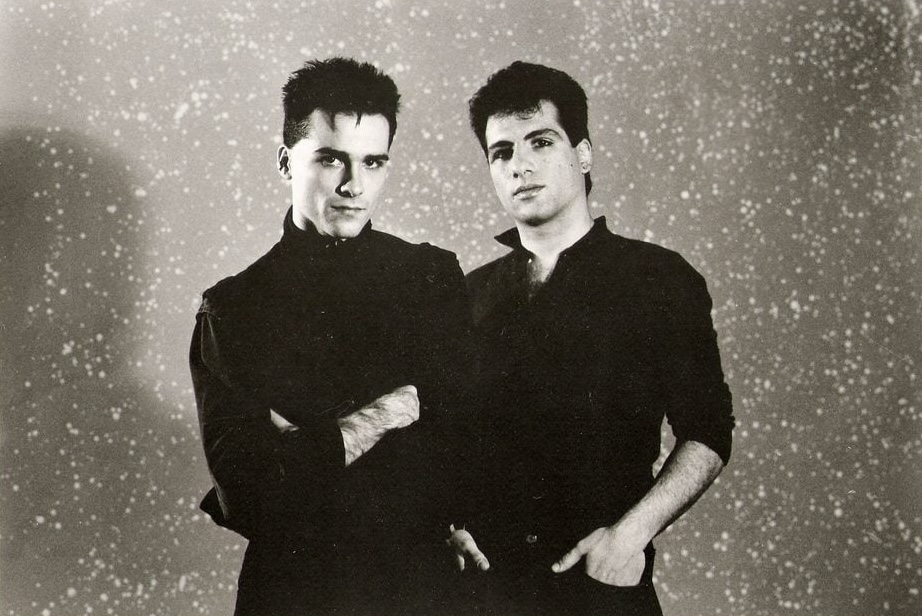Album Essentials: Ministry "With Sympathy" (1983)

By Dave Swanson - Summit FM Contributor
Tattoos, piercings, heroin, dreads, distorted drum machines, noisy guitars, a gallon of angst and dirt all made up the Ministry that wandered out of the Lollapalooza Generation. But in the beginning, there was a "kinder, gentler" Ministry, much more in tune with the synth-pop sounds of the early ’80s. In fact, that's when their debut album, With Sympathy, was released—1983, to be exact. After many years of poking fun at and ignoring this first step, band leader Al Jourgensen has finally embraced his “controversial” debut LP.
It's a different animal altogether from later dark entries like The Land of Rape and Honey and A Mind Is a Terrible Thing to Taste, but as a jumping-off point, it worked—and still works. In fact, I'd wager that it holds up better all these years later than some of the angry stuff!
Far from being a hit, it was one of many synth-driven bands and records of the time. This was prime time for Bronski Beat, Ultravox (phase 2), Depeche Mode (already off and running), and of course chart successes like The Human League, Thomas Dolby, and A Flock of Seagulls. It was “the future now,” so to speak.
Ministry threw their hat in the ring with other hopefuls and actually came up with an interesting take on synth-driven pop that also mixed in funk rhythms, urban landscapes, and slight nods to rap—with a production style that was far less British than many were aiming for at that time. In fact, 40+ years later, it stands as not only a brave move by a new band, but one that sounds less dated than many others from the era.
“Work for Love” and “Revenge” were big college radio hits that also found their way to dance clubs via the almighty 12" singles and dance mixes so popular at the time. While lighter in tone than the aforementioned later albums, it still chugs along with an anger of its own. Tracks like “Here We Go” and “Effigy” realize that side of the band, while “What He Say” almost sounds like a pissed-off Tom Tom Club. “Should Have Known Better” and “Say You’re Sorry” hold down the more expected sounds of 1983, but never in a generic way.
Jourgensen would move away from the pop leanings with each successive release. The next album, 1986’s Twitch, along with a handful of 12" singles, landed the band where they were destined to be, and by the time of The Land of Rape and Honey in 1988, they were all but unrecognizable from their debut.
Finally, the dust has settled, and With Sympathy can be seen for what it was—not a misstep at all, but a unique slice of synth-pop that not only holds its own with others of the day, but rises above most of them. Dance on, kids—dance on!






